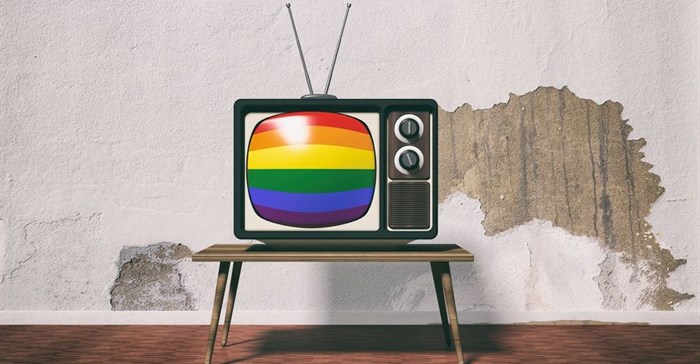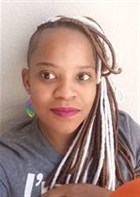
Like all of us, the aforementioned live in the world, they buy brands and consume content throughout the year, so why not create work that embodies the diverse groups of people who buy into what we produce all year long instead of just over pride month or during the ‘quirky’ public holidays we include in our content calendars.
As generators of culture and trends, our content needs to actively and intentionally mirror and influence the need and drive for a more inclusive world because meaningful representation matters.
Intersectionally, representative imagery needs to be normalised and internalised into the fabric of our society instead of being romanticised as a righteous act of social justice. It shouldn’t still be revolutionary to see a gay couple or trans women in an ad, it shouldn’t still be praiseworthy to see people with albinism playing central characters as regular people in our soapies (where they aren’t portrayed as magical beings).
Those images shouldn’t still be cause for polarising debates nor controversial commentary, just as cishet normative narratives induce no such reaction on the basis of their sexuality, identity, ability or disability. When we cast women, trans women should be able to audition as much as we’ve made a norm of casting heteronormative women in trans roles. When we cast black people, black people living with albinism should easily be able to audition with a fair chance of getting the role.
LGBTQI+ people shouldn’t still have to wait for pride month to be valued, cast and seen in mainstream cultural platforms. Thus, it shouldn’t be a ‘cultural shock’ when we see them intimately splashed across our television screens. Ikea ads shouldn’t still be celebrated for doing the bare minimum. Inxeba shouldn’t still be a controversially polarising subject.
We should be used to seeing LGBTQI+ people publicly living their intimate lives without worrying about raising eyebrows when all of our lives movies and television has fed us hypersexualised images of cishet couples having public intimate lives in the name of romance. We shouldn’t still have to prove to people that seeing LGBTQI+ people in stories and the media wouldn’t ‘influence’ their kids, that sexuality and identity aren’t contagious.
Creating more of these narratives will help undo linear notions of sexuality, identity and gender. This will also force us as creators and storytellers to start thinking more deeply around mining meaningful insights that reflect the lived realities and experiences of people who long had to keep their lives private for fear of victimisation and marginalisation.
This will be an opportunity to ensure that young people who consume our content are exposed to a more true, intersectional and representative view of the world, so they too can see themselves reflected in the diverse imagery to know they belong somewhere and that they are not an abnormally.
As creators, we need to work harder to move away from just mediocre and superficial representations of such narratives, it's not enough to just have a gay couple in a story. We need to share higher quality and thought-provoking stories that have complexity and layered nuance for more compelling storytelling.
